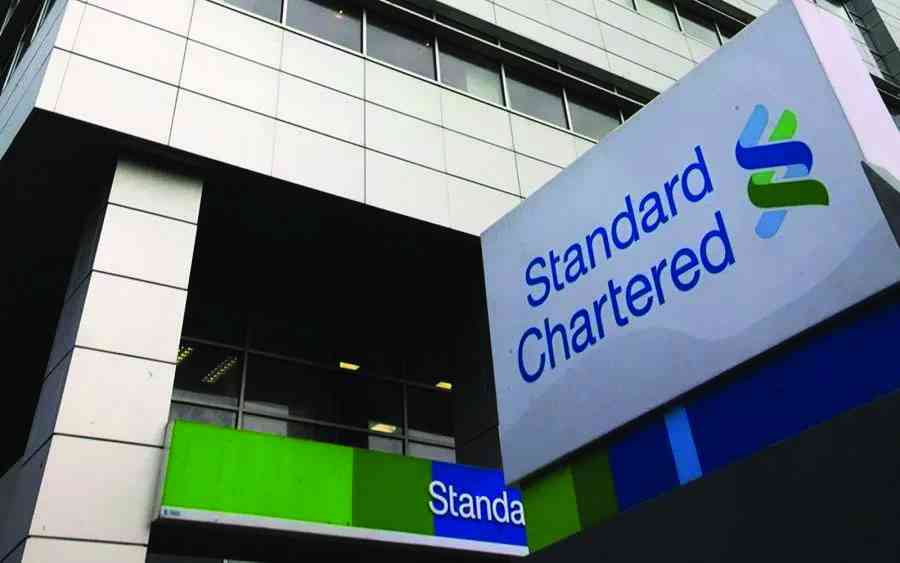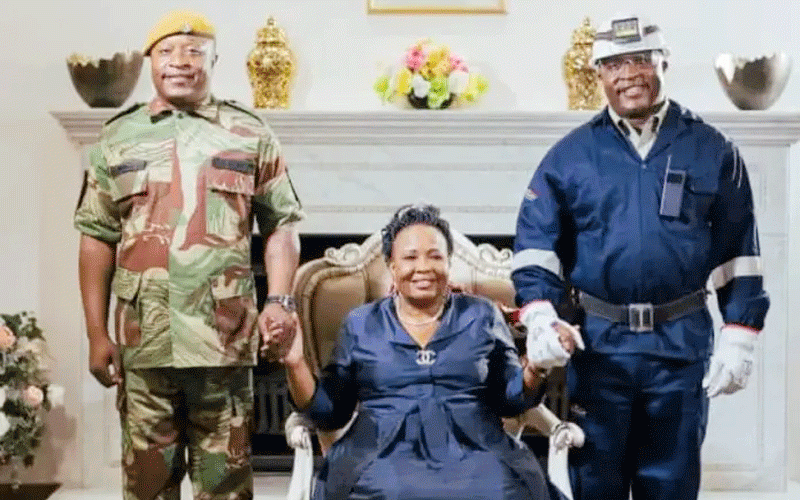
FINANCIAL services giant Standard Chartered Bank Zimbabwe (Stanchart Zim) was this week battling to forestall a backlash after trade unions mounted a plan to mobilise demos at the UK embassy over what they described as an ‘oppressive’ exit deal.
Stanchart, which was snapped by the Zimbabwe Stock Exchange-listed FBC Holdings (FBCH) last year, is finalising its exit from Zimbabwe after its UK headquartered parent, Standard Chartered Plc, hived out in 2022. This was part of a broad strategy that saw the banking giant divesting from poorly performing emerging markets.
Units in Angola, Cameroon, Gambia, Jordan, Lebanon and Sierra Leone were also placed on sale.
In Zimbabwe, poor performance was underpinned by costs associated with a volatile currency and rampaging inflation.
In the past few weeks, Stanchart has been working out terms of transferring staff to FBCH at the end of this week, according to confidential documents seen by the Zimbabwe Independent.
But impeccable sources said tempers flared after workers turned down terms of Stanchart’s ‘ex-gratia payment’ plan, before they approached the Zimbabwe Banks and Allied Workers Union (Zibawu).
An ex-gratia payment is made to an individual for damages or claims, but does not require the paying part to admit liability.
Sources close to the fallout said the spat escalated after Stanchart asked staff to sign contracts directing them to “unconditionally release and discharge the bank and or the group in full from any and all claims, costs, expenses or rights of action, of any kind."
- Zimbabwe’ banks are bleeding
- In Conversation with Trevor: Livingstone Gwata: Why I retired early
- Inside listed companies: Listed companies stand their ground in difficult year
- Zimbabwe’ banks are bleeding
Keep Reading
“I, hereby, agree and acknowledge that the ex-gratia payment is in no way a contractual or statutory obligation of the bank nor is (it) a periodical or continuous entitlement (and nor shall it be construed as such) which will continue after the completion date,” the document reads.
“I agree to unconditionally release and discharge the bank and/or the SCB Group (Standard Chartered Bank Group) in full from any and all claims, costs, expenses or rights of action, of any kind, whether contractual, statutory or otherwise (including but not limited to any claim(s) in respect of any redundancy/severance pay, gratuity award, termination payment, profit - sharing bonus, incentive and/or share option arrangement (s)
“..whether or not they are or could be in the contemplation of the parties at or around the date of this acknowledgment, and whether having already occurred or arising in the future in any jurisdiction in the world, which I have, or may have against the bank and/or the SCB Group or any of its or their employees, officers of directors arising out of or in connection with my contract of employment with the bank, my employment with the bank and/or any office or appointment held with the bank and/or the SCB Group.
“I further agree to unconditionally waive in full all right(s) to institute any action, petition and/or suit, both now and in the future, of any nature and description, in any administrative or judicial forum, in any jurisdiction against the bank and/or the SCB Group.
“Nothing in this acknowledgement will otherwise prohibit or restrict me from seeking relief to enforce non-payment by the bank and/or the SCB Group of the ex-gratia payment.”
Zibawu took umbrage and directed its members at Stanchart not to sign the “oppressive” document.
Zibawu secretary general Zibawu Peter Mutasa said in a letter dated May 13, 2024: “We are seeking legal advice and, in the meantime, advise all workers to avoid signing them until we get proper advice from our lawyers.
“The bank is being dishonest by mixing terms that have far reaching implications with the arbitrary ex-gratia payment in order to force workers to sign off all their rights including potential future rights at the new employer, FBC.
“This is against the Labour Act and we may approach the courts on your behalf on this matter,” he noted.
Mutasa had already approached Stanchart Zim chief executive officer Mubaiwa Mubayiwa demanding that he consults staff first.
This week, Mubayiwa did not respond to the Independent’s questions seeking clarification on the standoff.
“We have seen the letters you have written to all our members without any discussions and in the most oppressive terms,” Mutasa wrote.
“It is our view that such colonial labour relations legacy no longer has room in a constitutional democracy, whose labour relations are founded upon social justice and democracy at the workplace.
“Our law demands that you consult the works council on such matters before implementation to allow workers to share their input.
“We, therefore, demand that you withdraw your oppressive terms of transfer and immediately engage the works council as per the provisions of the Labour Act.”
The workers, led by Zibawu, have resolved to demonstrate at the United Kingdom Embassy in Harare on May 24.
“Approximately 200 workers from various banks across the country will gather at the aforementioned address,” Zibawu said in a letter directed to the officer commanding suburban Harare Central Police Station.
“The purpose of this demonstration is to petition the Ambassador of the United Kingdom, urging the UK government to intervene in addressing the dehumanising and colonial treatment of workers by Standard Chartered Bank, a UK-owned financial institution operating in Zimbabwe.
“Our intent is to raise awareness about the dehumanising and colonial treatment of workers of Standard Chartered Bank employees and seek constructive dialogue with the appropriate authorities.” Attempts to reach the UK Embassy for comment were unsuccessful, as phone calls went unanswered and messages sent to a spokesperson received no response.






